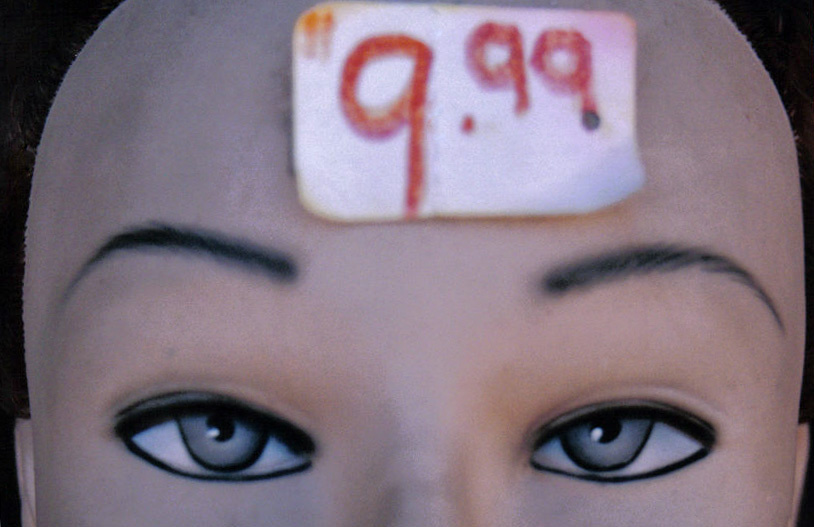Price Tags Might Be A Strange 150-Year Anomaly In The History Of Commerce Image courtesy of (Chad Small)
We never really thought about the origin of price tags, but that’s why NPR’s Planet Money team exists: they wondered why we have price tags, and whether we’ll have them for much longer.
For most of human history, we’ve been haggling when we buy and sell things. There are problems with haggling: it’s labor-intensive, time-intensive, and requires the person negotiating for the store to have a deep knowledge of every product and what a fair price would be. This system continues in some countries and in flea markets, but most commerce today takes place with prices assigned to items.
We have the Quakers to thank for the idea of merchandise having one fixed price for everyone: they first started that wacky idea in the mid-19th century. The first store to use fixed prices was Philadelphia-based Wanamaker’s, and the idea spread through much of the world, thanks to the influence of early department stores.
One young Quaker man started a retail venture in New York City, bringing the fixed-price idea along with him so he could put relatively untrained employees out on the sales floor in a massive store, and so the company could advertise the prices of items in the newspaper. His name was Rowland Hussey Macy.
Some transactions kept haggling: notably, new-car purchases, and nearly everyone hates it. More than a hundred years later, computers allowed companies to start chipping away at the idea of fixed prices for everything. Airline deregulation meant that airlines could set fares according to predicted demand, and the rest of the travel industry began to follow.
Now, sophisticated online retailers make every price dynamic, adjusting according to demand and other factors that mere consumers don’t understand. So far, consumers have resisted the idea that prices can change dramatically at any minute in physical stores, but that could change as more people grow up with dynamic pricing when they shop online.
Episode 633: The Birth And Death Of The Price Tag [Planet Money]
Want more consumer news? Visit our parent organization, Consumer Reports, for the latest on scams, recalls, and other consumer issues.


